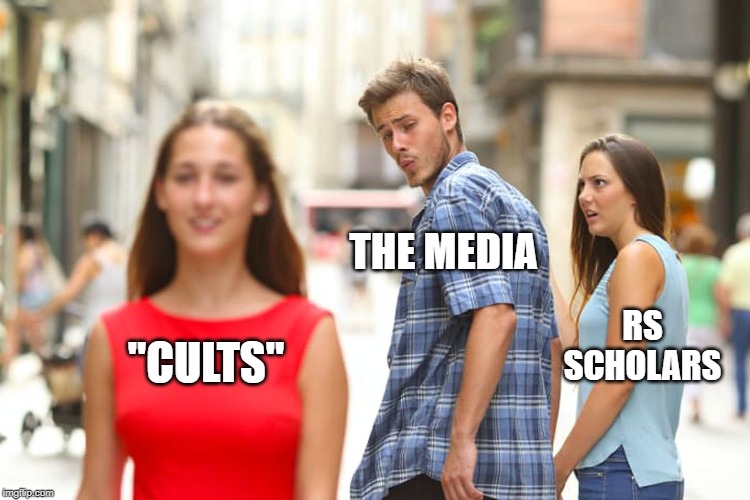
This month on Discourse!, David Robertson, Suzanne Newcombe and Daniel Gorman, Jr. discuss some recent figures on religious change, and why the term 'cult' is making a comeback in the US
This episode has not been transcribed yet.
Consider a donation to pay for the cost of editing a transcript?
Fund the RSP while you shop! Use an Amazon.co.uk, Amazon.ca, or Amazon.com affiliate link whenever you make a purchase. There’s no additional cost to you, but every bit helps us stay on the air!
Want to support us directly? Become a monthly Patron or consider giving us a one-time donation through PayPal.
Podcast
Podcast
Podcast
Podcast
Podcast
Podcast
Podcast
Podcast
This work is licensed under a Creative Commons Attribution- NonCommercial- NoDerivs 3.0 Unported License.
The views expressed in podcasts, features and responses are the views of the individual contributors, and do not necessarily reflect the views of The Religious Studies Project or our sponsors. The Religious Studies Project is produced by the Religious Studies Project Association (SCIO), a Scottish Charitable Incorporated Organisation (charity number SC047750).